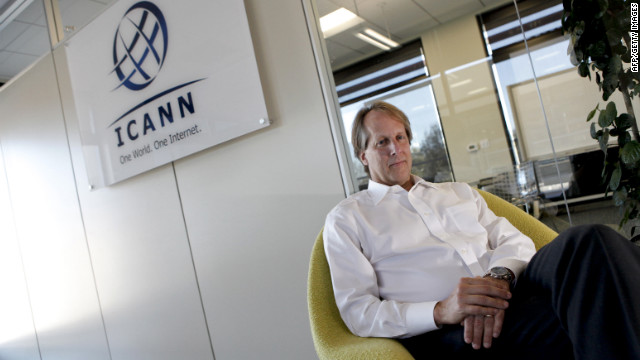In England, a number of journalists and media industry figures broke the law.
They hacked cellphones and computers. They bribed police officers for stories.
Their behaviour was so egregious that a number of people have already been convicted and jailed, and there are charges still pending against others.
That was wrong. But that conduct was always illegal.
The British Government asked Lord Leveson for a solution to the excesses of journalists.
He said he wanted to regulate print media.He proposed that judges be allowed to award exemplary damages and full costs against unregulated publishers.
Regulation of the press takes us some way back towards the Star Chamber. What is are proposed are stringent and controversial measures, but even their architecht only envisaged them applying to large and powerful publishers. Not websites (unless they belonged to print publishers).
Last weekend, the proposals were agreed in a rush, without public consultation, and with scant attention to detail.
The result is that they apply to any size of publication.
If there’s more than one author, the content is edited and there’s a business involved, then you must join up to be regulated. Even trade commentators such as DOMAININCITE.COM, for example, would appear to fall under this.
Most blogs aren’t powerful publishing houses. But the would need to be regulated, or face punitive measures if it ended up in court.
The threat of websites being regulated like this was never the purpose of Lord Leveson’s recommendations.
Websites weren’t involved in phone hacking.
There is no evidence that they need to be forced into self-regulation like this.
It is a serious infringement of the right of free-expression that fails the test of necessity and proportionality to make it legal.
If this is not corrected now, some English or Scottish blogger will find him or herself in the middle of an expensive and messy court proceeding that has the likelihood of going all the way to Strasbourg.
Take a few minutes and email Nick Clegg, Harriet Harman, and David Cameron to ask them to back off and leave the Internet out of Leveson.

![Fadi Chehade portrait[1]_2](http://nigel.je/wp-content/uploads/2013/02/Fadi-Chehade-portrait1_2.jpg)
 It’s easy to throw rocks at ICANN, which has once again good-naturedly blundered into a hornet’s nest. So I won’t.
It’s easy to throw rocks at ICANN, which has once again good-naturedly blundered into a hornet’s nest. So I won’t.